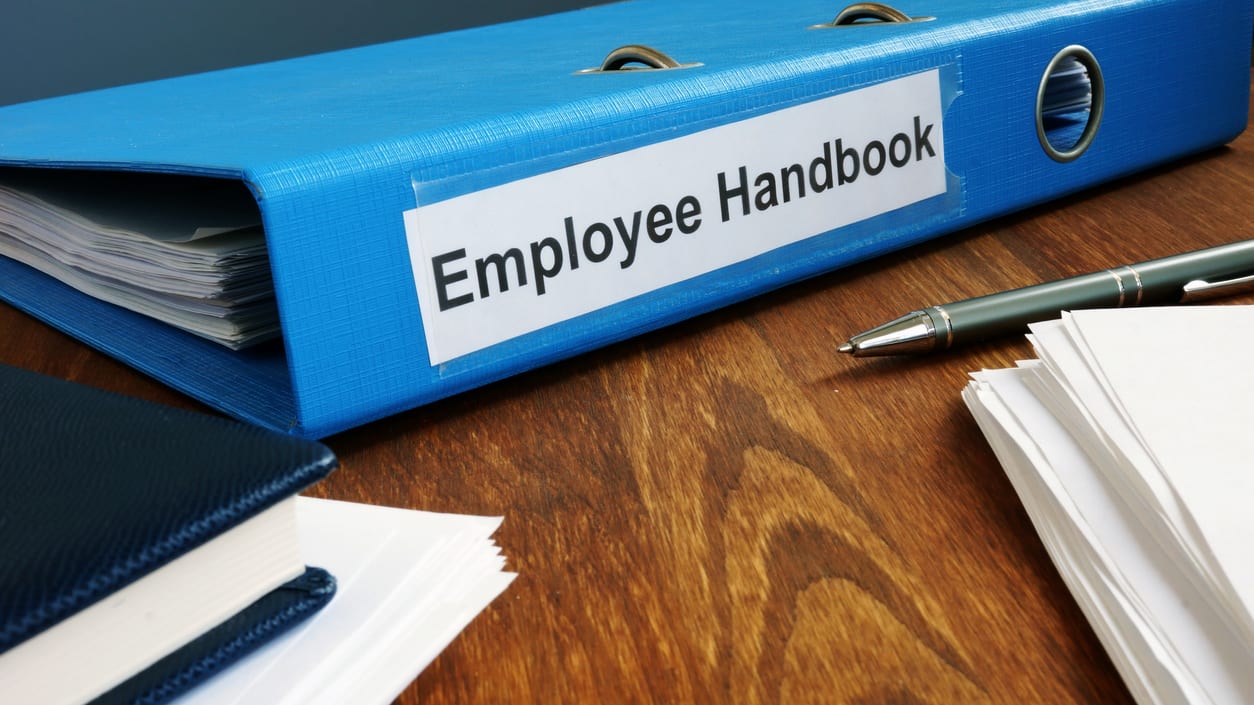The National Labor Relations Board (NLRB) announced on Jan. 6 that it may replace a standard that made it easier to defend workplace policies. We've gathered articles on the news from SHRM Online and other outlets.
Standard Under Consideration
The NLRB invited briefs, due by March 7, in Stericycle Inc. on whether it should adopt a new legal standard to determine whether employer work rules violate the National Labor Relations Act (NLRA). The board noted that in the 2017 Boeing Co. decision, the NLRB established a new standard for analyzing the lawfulness of employer work rules, a standard that was later refined in LA Specialty Produce Co. The board also asked whether certain categories of work rules—such as investigative-confidentiality rules, nondisparagement rules and rules prohibiting outside employment—are always lawful.
(NLRB)
Boeing Co. Overturned Previous Standard
In the Boeing Co. decision, the NLRB overruled Lutheran Heritage Village-Livonia, a 2004 decision. Under Lutheran Heritage, the board found that employers violated the NLRA by maintaining workplace rules that do not explicitly prohibit or restrict protected activities, if an employee would reasonably construe the rules to prohibit the exercise of NLRA rights. In place of the Lutheran Heritage standard, the board said that when evaluating a neutral handbook policy, it would evaluate the nature and extent of the potential impact on NLRA rights, as well as legitimate justifications associated with the rule.
(NLRB)
Three Categories of Employment Policies
As a result of the new balancing test in Boeing Co., the NLRB outlined three categories of employment policies, rules and handbook provisions:
- Category 1 includes lawful rules that either don't interfere with NLRA-protected rights or for which the possibly adverse impact on protected rights is outweighed by the employer's justifications for the rule.
- Category 2 consists of rules that should be scrutinized on a case-by-case basis as to whether they would interfere with NLRA rights, and, if so, whether there is a legitimate justification for the rules.
- Category 3 covers unlawful rules that prohibit or limit NLRA-protected conduct and for which the adverse impact on workers' rights is not outweighed by the employer's justification for the rules. An example would be a rule that prohibits employees from discussing their wages or benefits with each other.
Another Questioned Case
The NLRB also announced that it may revisit LA Specialty Produce Co., a 2019 board decision that refined the Boeing Co. ruling. In LA Specialty Produce Co., the board upheld a confidentiality and nondisclosure policy as well as a media contact policy, finding that they fit into "Category 1."
(Squire Patton Boggs via Employment Law Worldview)
Targeted Decisions
On Aug. 12, 2021, in her first memo as NLRB general counsel, Jennifer Abruzzo presented an agenda full of recommended changes for the board. She listed 11 board case areas under the Trump board that she identified as doctrinal shifts away from previous board precedent. These included cases involving employer handbook rules, confidentiality provisions in separation agreements, defining the scope of protected concerted activity and union access.
An organization run by AI is not a futuristic concept. Such technology is already a part of many workplaces and will continue to shape the labor market and HR. Here's how employers and employees can successfully manage generative AI and other AI-powered systems.




